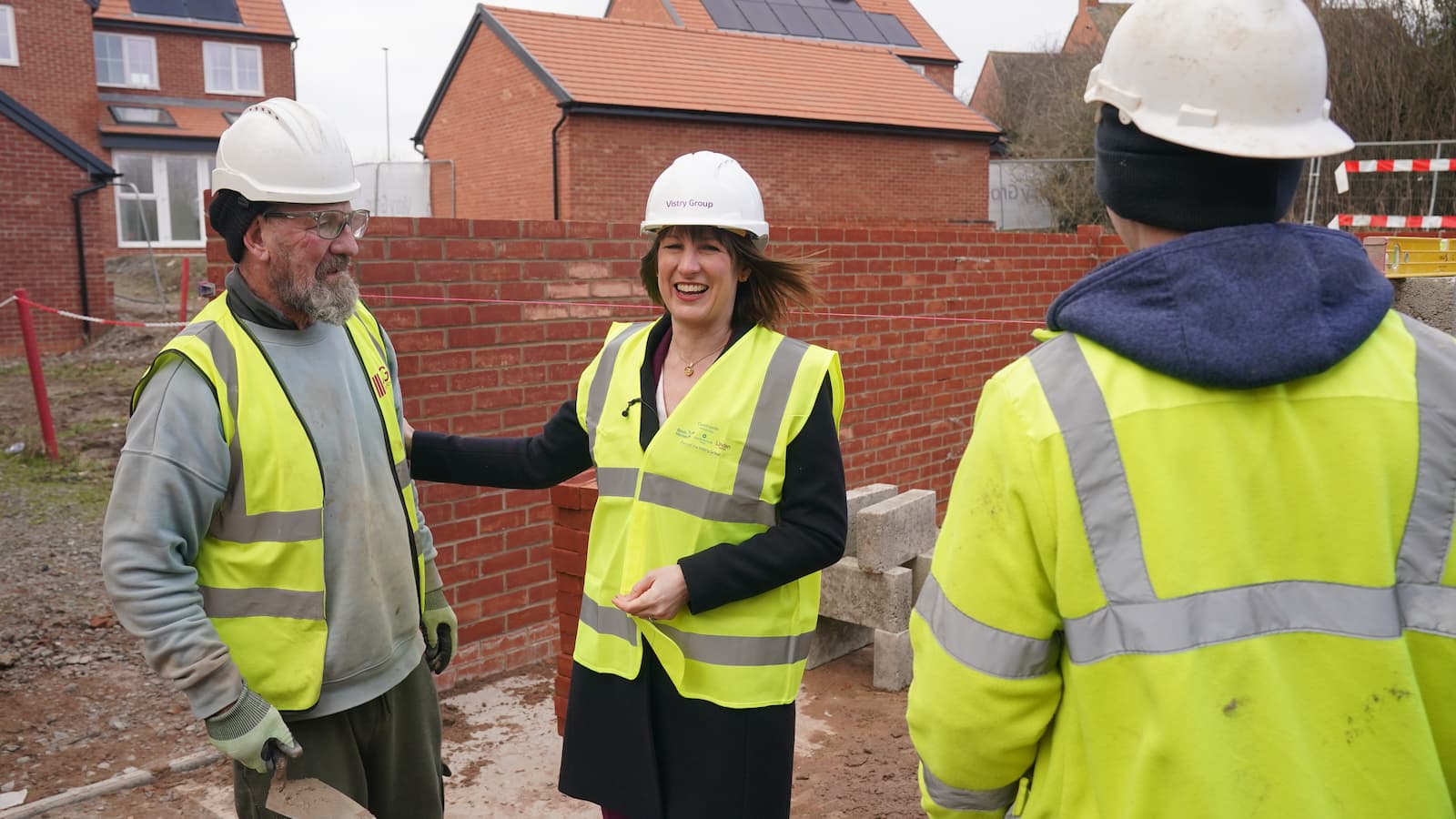
"Chancellor Rachel Reeves is considering a major shake-up of property taxes that could see stamp duty abolished for most home buyers. Instead, a new "proportional property tax" could be introduced, targeting people who are looking at buying a house worth more than £500,000. The plans, still under discussion, aim to raise more money from higher-value homes while making it easier for first-time buyers to get on the ladder. But with rumours of new levies, many are asking the same question: will stamp duty really be abolished?"
"Stamp duty is currently the main tax paid on property purchases in England and Northern Ireland. Buyers pay it when they purchase a home, with rates increasing as the property value rises. No tax is paid on homes under £125,000 (or £300,000 for first-time buyers). Homes between £250,001 and £925,000 are taxed at 5% on that slice of the price. Above £925,000, rates climb as high as 12%."
"According to a report in The Guardian, ministers have asked Treasury officials to look at alternatives to stamp duty, including a new national "proportional property tax." A "proportional property tax" could be applied to homes worth more than £500,000, payable when the property is sold. In some versions of the plan, this tax could even be annual, rather than one-off. Crucially, the changes would not apply to second homes or buy-to-let properties at first."
Stamp duty is the primary tax on property purchases in England and Northern Ireland, charged progressively with exemptions for lower-value and first-time buyer thresholds. Current bands leave homes under £125,000 untaxed and impose rates up to 12% above £925,000, generating about £11.6 billion last year. Ministers are exploring replacing stamp duty with a proportional property tax applied to sales of homes valued over £500,000, possibly paid on sale or as an annual levy, initially excluding second homes and buy-to-let. About 30% of English homes and 59% of London listings exceed £500,000, indicating significant revenue and distributional implications.
Read at Homebuilding
Unable to calculate read time
Collection
[
|
...
]